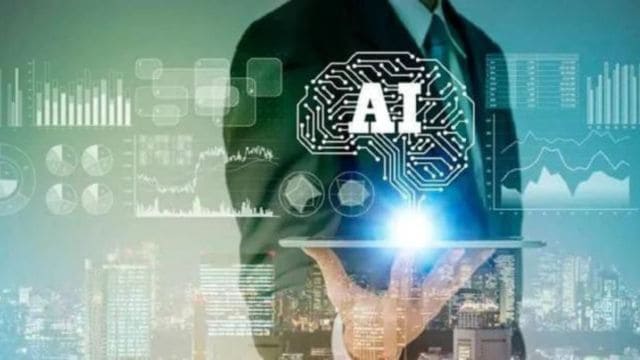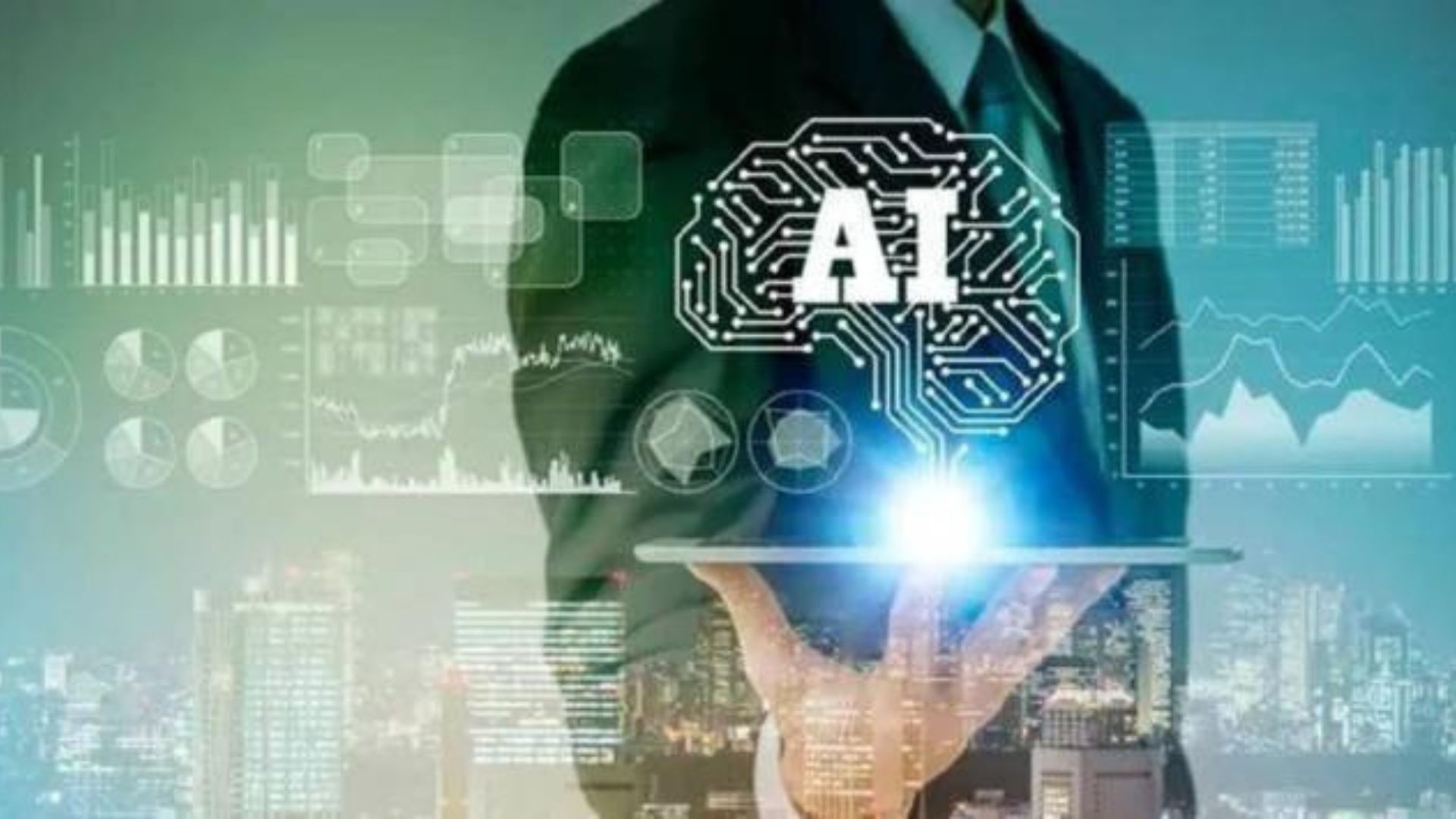
Written by Subminal Bhattacharya
Even before the 18th Lok Sabha had convened and the new government had assumed office, a massive controversy erupted around two major entrance examinations conducted by the National Testing Agency (NTA) — the National Eligibility cum Entrance Test (NEET), a standardised exam conducted for students seeking admission to undergraduate medical courses (MBBS/BDS) and some postgraduate courses (MD/MS) in both government and private medical colleges, and the UGC-NET (NET) or National Eligibility Test which determines the eligibility of Indian nationals for roles as assistant professors and junior research fellows in universities and colleges across the country. The UGC-NET also serves as a qualification test for those seeking admission to PhD programmes. While the NEET-UG exam, conducted on May 5, has been marred by allegations of irregularities including claims of discretionary grace marking, cheating and impersonation, the NET exam conducted on June 18 was cancelled the next day as there were reports of the paper being leaked 48 hours ahead of the exam and sold on the dark web and encrypted social media platforms.
The impasse on both these exams has caused serious concerns and disappointment to lakhs of deserving candidates and their parents. The NTA, despite its autonomous functioning for conducting entrance examinations for higher educational institutions, is now under a severe cloud despite the removal of its head by the Centre. A seven-member high-level committee of experts under K Radhakrishnan, former chairman of ISRO and Chairman Board of Governors, IIT Kanpur has been set up by the Centre to “provide recommendations on reform in the mechanism of the examination process, improvement in data security protocols and structure and functioning of NTA”. A CBI probe is also on. Both these could offer guidance for the future path. However, it might take a lot for the system to regain the trust of the young.
Technology today is a major element of the examination ecosystem and the NTA has conducted many exams successfully in India since its setting up in 2017, including the Joint Entrance Examination (JEE), and Common Management Admission Test (CMAT). While NEET-UG has been conducted as a single-sitting pen-and-paper exam in the Optical Mark Recognition (OMR) format, NET, which has been computer-based since 2018, reverted to the pen-and-paper OMR mode this year. By and large, the NTA-conducted exams were an improvement from the past although shortcomings like technical glitches, limited exam windows, standardisation challenges, and security concerns around transportation and storage to the last mile remained a concern.
Nefarious elements who leak question papers predate the usage of technology. They have now found newer avenues like the widespread use of the darknet and social media platforms by criminal syndicates and vested interests. While the darknet has often been cited as a source of exam paper leaks in India — even in the case of NET, it would be an oversimplification to place the blame entirely on this avenue. The darknet is merely a tool that can be used to distribute leaked information more efficiently. It does not create the initial breach or the demand for leaked papers. Focusing on the darknet as the culprit diverts attention from addressing the underlying systemic issues. Theories that talk of the NTA portal being hacked are similarly blinkered.
To effectively combat exam leakages, a holistic approach is needed. This should include strengthening anti-corruption measures, improving security protocols, reforming the education system to reduce exam pressure, and addressing socioeconomic disparities that fuel the demand for unfair means. The Radhakrishnan committee should explore a comprehensive, multi-layered approach that incorporates cutting-edge technologies to address exam system integrity. Some of these could be: One, implementing a blockchain-based question bank that uses blockchain technology to store and manage question banks that would allow tamper-proof storage and create an auditable trail of question access. Two, ensure secure biometric authentication including fingerprint, facial recognition, retinal scans and liveness detection to prevent spoofing attempts. Three, adopt adaptive testing technology to reduce the risk of question paper leaks as each candidate receives a unique set of questions. Four, implement a decentralised exam delivery system that utilises computing to deliver exams by reducing reliance on central servers and minimising the impact of potential DDoS cyber attacks. Five, introduce AI-based answer validation that will allow AI algorithms to detect patterns indicative of cheating or collusion among candidates. Six, introduce blockchain-based result publication that will ensure transparency and prevent unauthorised alterations.
Regaining the faith of the examination ecosystem is the need of the hour and technology and protocols in place will help in this direction.
The writer, a defence and cyber security analyst, is former country head of General Dynamics



